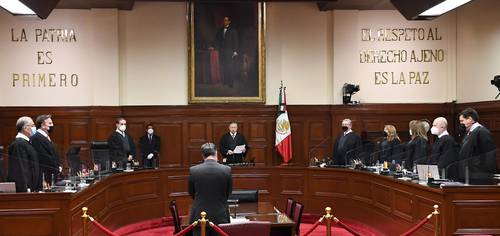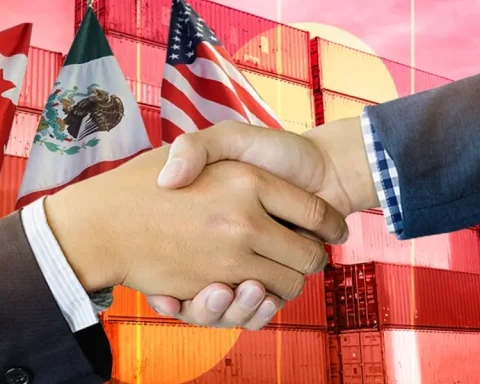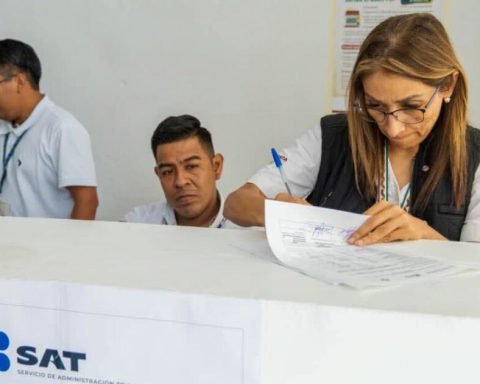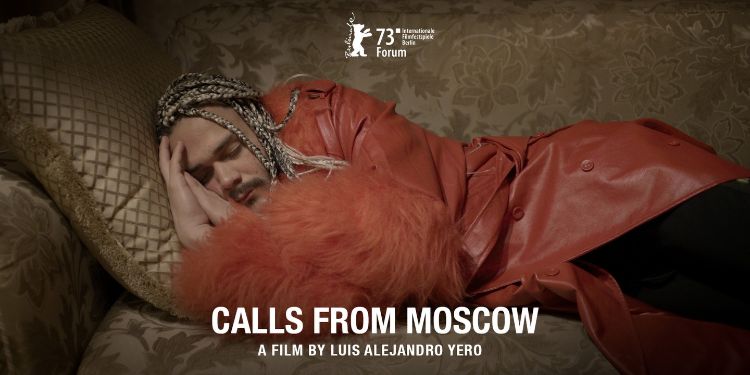▲ On January 2, the Supreme Court of Justice of the Nation will elect its next president.Photo The Day
From the editorial
Newspaper La Jornada
Saturday December 24, 2022, p. 6
In a secret ballot, on January 2 the Supreme Court of Justice of the Nation (SCJN) will elect its new president.
Through ballot ballots, the 11 ministers will decide which of the five candidates (Yasmín Esquivel Mossa, Alfredo Gutiérrez Ortiz Mena, Javier Laynez Potisek, Alberto Pérez Dayán or Norma Lucía Piña Hernández) will hold this position for the next four years.
Since last December 6, 40 civil society organizations have launched a campaign, identified with the hashtag #OpenCourtdemanding that the procedure be transparent and that they be allowed to participate, exposing their proposals to the ministers.
Among the organizations promoting this petition are Designations, Fundar, Transitional Justice Mexico and Transversal, among others.
They affirm that it is necessary for this election to guarantee the independence of the Federal Judiciary (PJF), the internal policies of gender equality, transparency, the fight against nepotism and corruption, in addition to the administration of justice with a focus on human rights. .
Among other things, they demand that they be allowed to ask questions to the candidate ministers, in a session where their proposals are made public, and that this be broadcast on the PJF television channel.
These organizations request that the vote of each minister be made public, in order to make their preferences and groups within the highest court transparent.
We need a strong, solid and independent Supreme Court of Justice. We need a Court that truly protects our rights, that makes decisions without influence from the executive and legislative branches. For which, the way in which this important decision is developed is key to its guarantee and to move towards appointments that build trust and legality.
they add.
In contrast, Raúl Mejía, associate researcher at the Institute for the Strengthening of the Rule of Law, and who was also secretary of study and account of the SCJN, maintains that the secrecy of the vote of the ministers is natural in a collegiate body of only eleven members, and that making public votes is a meaningless proposition.
He explained that, by definition, the SCJN, as the head of the PJF, is a collegiate body whose members are not elected by popular vote, as is the case with the Executive or Legislative powers, and where theoretically there are no partisan preferences, so suffrage through ballots –which are destroyed immediately after each round of voting–, it is necessary to avoid excessive politicization and division of the plenary session of ministers.
A tremendous dysfunction condition is generated if the voting is opened, because it is at the only moment where there is a certain animosity or conditions of preference between one or the other.
said the researcher.
He added that in the daily votes and positions in the SCJN it is possible to see which groups exist within and the alliances between the ministers, so taking them to make their votes for the PJF presidency public does not add any useful element.
I completely disagree, these ideas are very pedestrian, I don’t think there is a reflection behind it, they simply like gossip: who voted for whom, right? Ultimately this makes no difference.
Held.
He also pointed out that opening the process to a dialogue between ministers and civil society could translate into giving these organizations a veto condition for any of the applicants, which would affect the independence of the PJF.
From the outside, the votes are basically who I like, who I don’t like, who has voted in favor of the issues I care about and who hasn’t. That ends up being
Mejía concluded.















